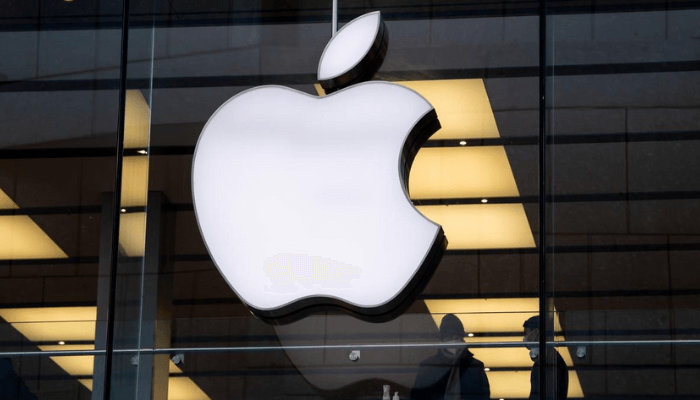Apple Inc. is banking on the use of artificial intelligence (AI) technology to address the persistent pain of battery life for iPhone users.
The firm is planning an iOS 19 software update set to launch in September, where Apple is developing an AI-powered battery management feature, according to a Bloomberg report.
The new enhancement will analyse how a person uses their device and make adjustments to conserve energy. The feature, under Apple Intelligence, will use battery data collected from users’ devices to understand trends and make predictions for when it should lower the power draw of certain applications or features.
By optimising battery life with AI, Apple is aiming to offset these physical constraints. Still, the battery function will be available for all iPhones that have iOS 19.
Read also: Apple update delivers Truecaller’s real-time caller ID, others
iPhone users will also experience a lock-screen indicator showing how long it will take to charge up the device, a Bloomberg source stated.
The driving force behind the battery feature is the company’s upcoming slimmed-down iPhone 17, which will be offered as an alternative to the standard and Pro models. Because of its thinner design, the new iPhone will have a much smaller battery and fewer hours of life than other models.
The move continues Apple’s strategy of integrating AI into its core features. The first version of Apple Intelligence, which rolled out last year, added tools for text editing and improving writing, anywhere text can be entered, as well as features to summarise notifications, generate custom emoji, and remove unwanted elements from images.
The Apple Intelligence platform arrived later than anticipated, and some promised features have yet to be added. A much-touted upgrade to the Siri digital assistant has been delayed indefinitely, highlighting Apple’s struggles to catch up with OpenAI, Alphabet Inc., and other tech peers in AI.
Apple also plans to use the tactic with its smartwatch, even though the company’s power-hungry AI models won’t be loaded onto that device.
The upcoming iOS 19, iPadOS 19, and macOS 16 software will also get major changes to their user interfaces. The upgrades include a new look dubbed Solarium, internally named for the glass-enclosed rooms that let in sun, as well as changes that will make the iPad and Mac work more like each other.
The new operating systems will be able to synchronise details across devices for wireless networks that users need to log in to using a web browser, a common task when entering gyms, hotels, or office buildings.
Bloomberg also reported that the company is preparing a revamped Health app with an AI doctor code-named Mulberry, but that launch isn’t expected until next year.
Apple is also pushing engineers to ensure that this year’s releases are more functional and less glitchy. Past upgrades were criticised for bugs and features that sometimes didn’t work properly.
Read also: Apple’s iPhone 17 Air marks the start of a portless iPhone era
Apple has released iOS 18.5, which fixes some bugs and adds minor features while also working on iOS 18.6 for release in the next several weeks. The main addition in testing includes support for Apple Intelligence in China.
Beyond iPhones, Apple is planning to extend Apple Intelligence across its product line, including the iPad, Mac, and Apple Watch. The watch may not directly run Apple’s AI models due to processing constraints, but it will still feature new tools labelled as ‘powered by Apple Intelligence.’
The upcoming iOS 19, iPadOS 19, and macOS 16 will also introduce a redesigned user interface internally called Solarium, inspired by sunlit glass rooms. These changes aim to bring a more unified experience across Apple’s devices, particularly between iPads and Macs.

